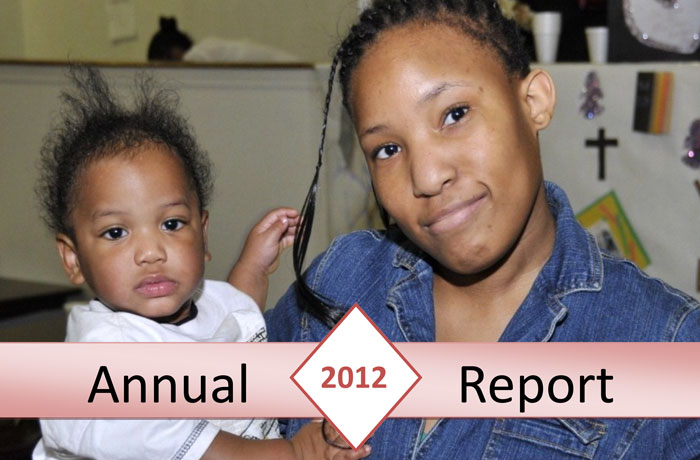By now, you’ve probably read about or seen the disturbing video showing a Florida police officer tossing peanuts at a homeless man who is handcuffed and intoxicated, while awaiting booking at the Sarasota County Jail. The officer also reportedly gave a series of “dog commands” to the man. Several sheriff’s deputies and the officer laugh at the man as his mouth misses the nuts and he struggles to eat them off the floor.
The video is disgusting and shows how the homeless are often looked upon as second- class citizens. In this case, the men sworn to protect the public have resorted to cruelty and disrespect in their treatment of this man.
Here at the Detroit Rescue Mission Ministries (DRMM), we are all about preserving the dignity of the homeless people we serve, as we minister to their body and spirit. Although the demand for our services is very high, DRMM has to find a way to meet our clients’ needs and maintain their self-respect. No one goes to sleep hungry or is forced to stay out in the winter cold or the summer heat.
The homeless are human beings, just like you and me. The majority don’t want to be homeless. Negative life circumstances are to blame, such as a job layoff, serious medical condition, addiction, or the inability to keep current with the rent. The homeless are good people who had bad things happen in their lives or made bad choices.
In addition to feeding and housing the homeless, DRMM puts them on the right path again. We understand. We let them know they are appreciated and that we will always preserve their dignity and respect at all times.
Meanwhile, the Florida law enforcement officer who threw the peanuts at the homeless man like he was an animal in a zoo has been placed on leave, while the incident is being investigated.
It’s a sad day in this society when such a heartless act takes place, under any circumstances.





